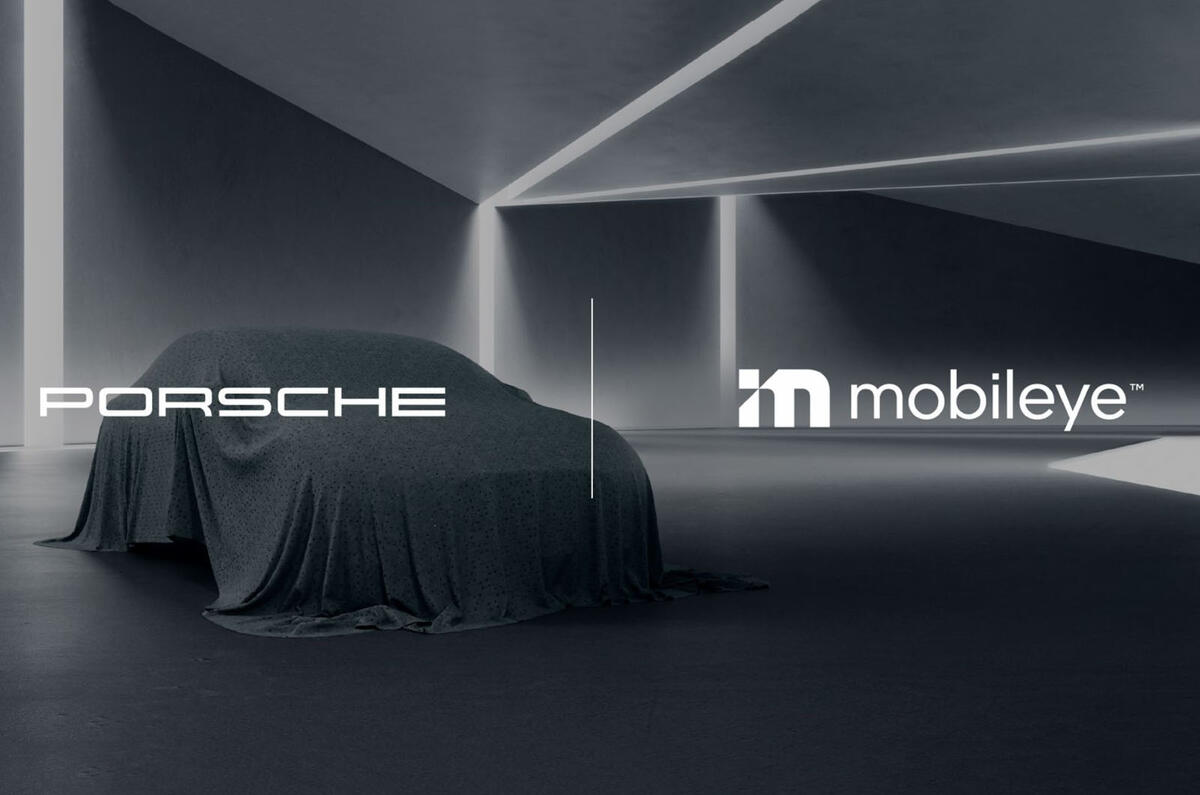Possibly the most significant automotive supplier win announced this year was Mobileye signing on Porsche for its Supervision hardware-and-software combination, which will allow hands-off driving from 2025.
You might wonder why. A posh assisted-driving system going to a premium manufacturer with annual sales of just over 300,000 is hardly earth-shattering news amid total global car sales of 66 million; and it’s only going into the Macan EV initially.




Add your comment